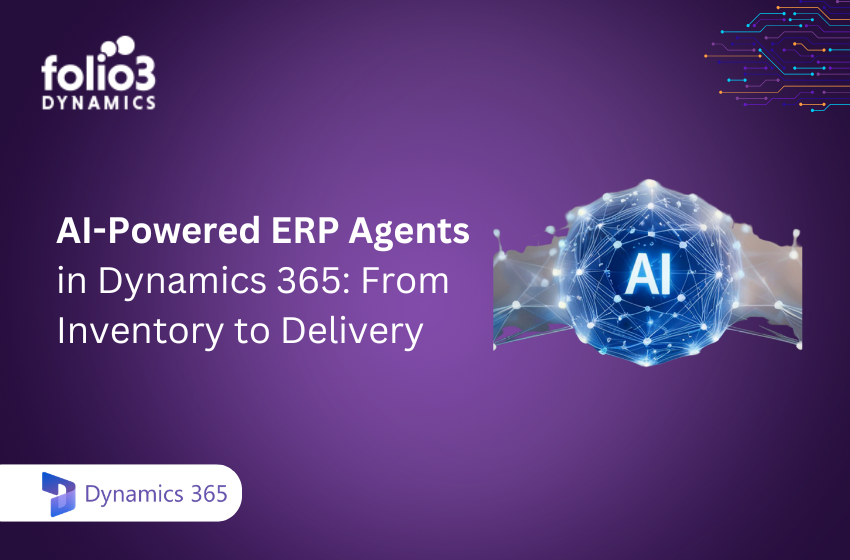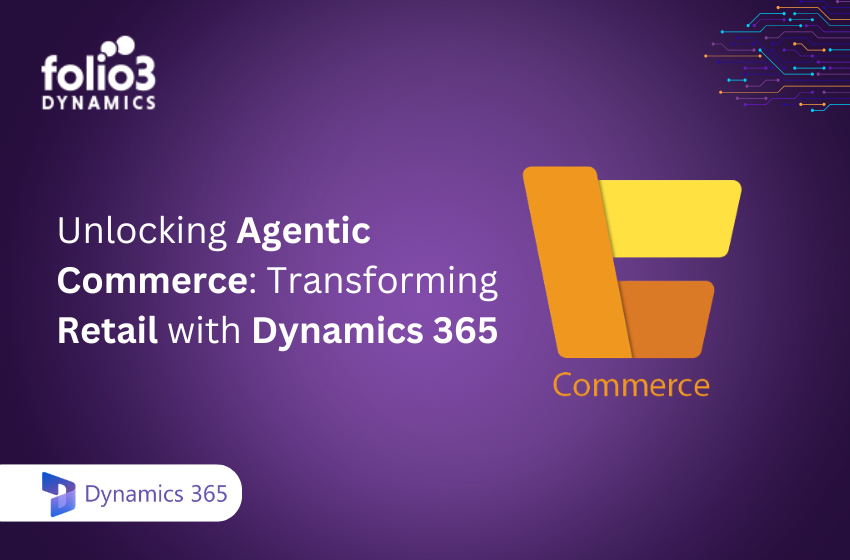Implementing an ERP system like Microsoft Dynamics 365 Business Central is a major decision and investment for any business. Making an intelligent decision requires having an in-depth understanding of the costs that will be incurred. This thorough guide covers all factors affecting Business Central implementation costs, including licensing fees, data migration costs, and customization costs.
Factors Influencing the Cost
The cost of implementing Business Central can vary immensely depending on several factors. The following are the key aspects that play an important role in determining your ERP implementation costs:
1. Business Size and Complexity
The total cost is greatly affected by your company’s scale and complexity. Costs increase because larger and more complex organizations need more complicated system configurations. On the other hand, a small firm with a single location won’t require the same level of setup as a multinational company with several subsidiaries.
2. Number of Users
Business Central pricing is partially based on the number of users. It is in direct proportion to the number of users; therefore, more users mean higher subscription fees. Thus, it directly impacts Dynamics 365 pricing. It’s important to take into consideration not just the current number of users but also the anticipated number of users due to the business’s future growth. Implementing a scalable solution can save costs in the long run.
3. Customization and Integration Needs
The implementation costs will increase if your company needs extensive customization and integration with other systems, such as CRM or e-commerce platforms. The expense of customization might vary based on the specific needs and the complexity of the modifications needed. Although it might pose an additional cost, customizing the system to align with your unique processes guarantees improved efficiency.
4. Industry-Specific Requirements
Some industries may have specific requirements that require additional features or personalization. For example, manufacturing businesses might need advanced inventory management features, while retail businesses might need quick point-of-sale integrations. These industry-specific needs can impact the overall costs.
Licensing Costs
Licensing fees are an important component of the total cost of implementing Business Central. Having a comprehensive understanding of the different Business Central licensing fees
will help you choose the right plan for your organization.
Essentials vs. Premium Licenses
Business Central has two main licensing options: Essentials and Premium. Essentials provide the core financials and business processes, while Premium includes additional features such as manufacturing and service management.
For example, a manufacturing company might select the Premium license to benefit from its advanced features.
Subscription-Based Pricing Model
Microsoft Dynamics 365 pricing model often charges a monthly fee for each user based on a subscription model. With this subscription-based ERP price, you can scale and be flexible as your company grows. You may initiate with a few users and increase them as needed, adjusting your costs.
Cost Breakdown of Different Licensing Plans
Following are the details of the two licensing plans:
- Essentials: Approximately $70 per user per month
- Premium: Approximately $100 per user per month
These costs can aggravate quickly, especially for larger organizations with many users. Moreover, it’s crucial to consider any possible discounts or bundle offers available through Microsoft or its partners.
Implementation Costs
The implementation process of Business Central consists of various stages, and each stage has its expenses. An outline of these stages and their approximate cost is discussed below:
Planning and Discovery
During this stage, your implementation provider will evaluate your company’s needs and create a project plan. The average cost of this stage varies from $5,000 to $20,000, depending on your company’s complexity. A thorough planning stage creates a clear path for the implementation process and assists in the early identification of any potential issues.
System Configuration and Customization
This phase involves setting up the system according to your particular needs and customizing it to match your business processes. Depending on the level and complexity of customization needed, the expenses for this phase can range from $10,000 to $50,000 or more.
Effectively setting up the ERP system improves productivity and efficiency and ensures that it meets your company’s operations.
Data Migration
The data migration phase involves transferring your existing data into the new system while maintaining its integrity. This stage can be complex and costly, ranging from $5,000 to $30,000, depending on the volume and complexity of your data. Proper data migration guarantees that your past data is accurately shifted to the new system, which is mandatory for the continuity of processes and smart decision-making.
User Training and Support
The successful installation of the new system depends on your staff being trained to use it effectively. The cost of training and support might vary, typically between $5,000 and $20,000. By investing in thorough training, you can ensure that your employees can use the new system efficiently and maximize the return on your ERP investment.
Post-Implementation Support
After the initial implementation, constant support is needed to handle any issues and ensure smooth operations. Post-implementation support costs can vary, but they are important for maintaining the system’s efficiency and handling any arising needs.
Customization and Integration Costs
Integration and customization are frequently required to guarantee that Business Central fulfills your unique business requirements. Here’s a closer look at the financial impacts:
Customizing Modules and Workflows
Customizing modules and workflows to align with your business operations can be time-consuming and expensive. Depending on the complexity of the customizations, customization expenses can range from $10,000 to $50,000 or more. However, customization is important as it ensures that the ERP system supports your unique operational needs, improving overall efficiency.
Integrating with Other Systems
Integrating Business Central with other systems, such as CRM or e-commerce platforms, can add to the ERP implementation costs. Integration costs can vary widely, frequently ranging from $5,000 to $25,000. An excellent integration ensures smooth data flow between different systems, enhancing operational efficiency and decision-making abilities.
Third-Party Applications
In a few scenarios, integrating third-party applications may be needed to improve Business Central’s functionality. Depending on the complexity and licensing fees associated with the third-party applications, these integrations can incur additional costs.
Data Migration Costs
Data migration is an integral part of any ERP implementation. Here are the factors that can impact the data migration costs:
Volume of Data
The volume of data that needs to be migrated is directly proportional to the data migration costs. The more data you need to migrate, the higher the price. This is because large volumes of data require more time and resources to be transferred. Conducting a detailed data audit is mandatory to calculate the exact data volume and ensure that all necessary data is migrated accurately.
Complexity of Data Structures
Complex data structures, such as those involving multiple relational databases, can enhance the complexity and cost of data migration. Simplifying and standardizing data structures where possible can help minimize costs and simplify migration.
Data Cleansing and Validation
It is especially important to ensure that your data is clean and accurate before the transfer takes place. If data cleansing and validation are required, data migration costs may increase. Usually, the data transfer costs are between $5,000 and $20,000. Clean data guarantees that correct information is available for decision-making and that the new system runs smoothly.
Historical Data
Whether to move old data or start over with new data can greatly impact costs. Although it takes more resources, migrating historical data may give your company’s operations continuity and important insights.
Additional Cost Considerations
While the above sections cover the major cost components, many additional considerations can affect the overall cost of implementing Business Central:
Implementation Partner Fees
Opting for a suitable implementation partner is crucial for a successful ERP project. Implementation partner fees can vary significantly based on their experience, reputation, and the scope of their services. It’s important to carefully assess potential partners and consider the value they bring to your implementation project.
ERP Maintenance Fees
Regular upgrades and maintenance are necessary to maintain your ERP system’s efficiency. Although they could vary, maintenance costs play a significant role in the ERP’s total cost of ownership. Regular upgrades guarantee that your system stays updated with the latest features and enhancements while maintaining security.
Hidden ERP Costs
It is always good to create a proactive plan. Therefore, it’s fundamental to understand the possibility of unanticipated costs that may arise during the implementation of an ERP system. Unexpected technological problems, extra training requirements, or the need for customization are a few examples. One way to reduce the impact of these hidden ERP costs in your ERP financial planning is to include a backup budget.
ERP Cost-Saving Tips
To efficiently manage the Cost of Implementing Business Central, you must consider adopting cost-saving techniques such as phased rollouts, pre-built templates, and cloud ERP implementation options. These strategies can help minimize the initial costs while delivering an efficient ERP solution.
Conclusion
Implementing Business Central encompasses a variety of costs, including licensing fees, customization expenses, and data migration costs. By having a deep know-how of these aspects, you can plan your ERP project budget in a better way and ensure a successful implementation. For more detailed information and to get started with Business Central, visit Dynamics 365 Business Central.
To wrap up the discussion, the cost to implement Business Central is impacted by numerous factors, including the size and complexity of your business, the number of users, and the need for customization and integration. Licensing fees are an important component, with Essentials and Premium options available on a subscription basis.
Implementation costs can vary greatly depending on your organization’s particular requirements. Customization, integration, and data migration can add to the overall cost. By understanding these factors, you can efficiently plan your ERP project budget and move toward a successful implementation.


